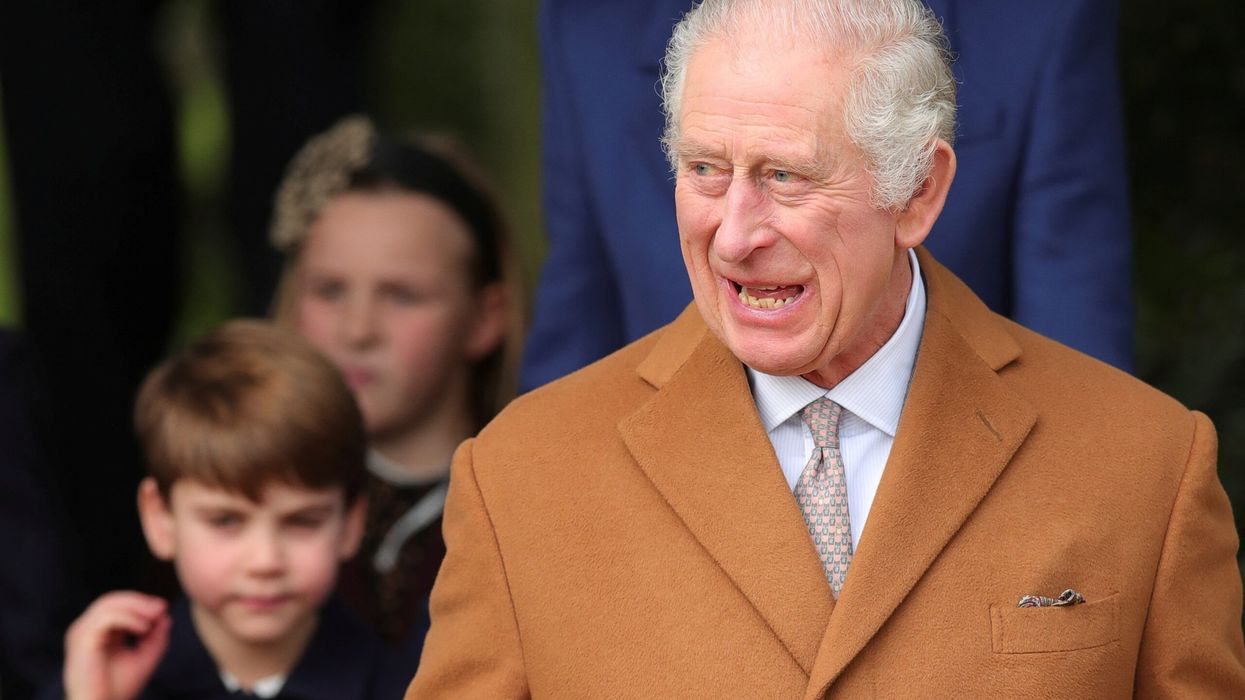KING Charles called on people on Monday (25) to help those less fortunate during a time of economic hardship and global conflict, using his Christmas Day message to emphasise the importance of kindness, compassion and care for the environment.
In his second Christmas message since becoming Britain's king, Charles also paid tribute to volunteers, charity workers and people working over the holidays in roles caring for others.
"This is all the more important at a time of real hardship for many, when we need to build on existing ways to support others less fortunate than ourselves," the 75-year-old monarch said.
In a first for the tradition of royal seasonal messages that dates back to a radio speech by his great-grandfather George V in 1932, Charles delivered his message beside a living Christmas tree that Buckingham Palace said would be replanted.
In a further nod to Charles' decades of work on environmental issues, the tree contained natural and sustainable decorations including pine cones and paper.
"We care for the Earth for the sake of our children’s children," Charles said, speaking from the Centre Room at the palace, which opens onto the famous balcony where the royal family appears to the public on special occasions.
"During my lifetime I have been so pleased to see a growing awareness of how we must protect the Earth and our natural world as the one home which we all share," said Charles, who became king on the death of his mother Queen Elizabeth in September 2022.
Alluding partly to the 11-week-old war raging in Gaza, Charles added: "At a time of increasingly tragic conflict around the world, I pray that we can also do all in our power to protect each other."
Charles, who holds the title of "Defender of the Faith" in his role as the Supreme Governor of the Church of England, said the Christian teaching of doing good to others represented universal values and seemed more relevant now than ever.
(Reuters)
King Charles urges compassion, care for environment
The monarch delivers his message beside a living Christmas tree that Buckingham Palace says will be replanted




